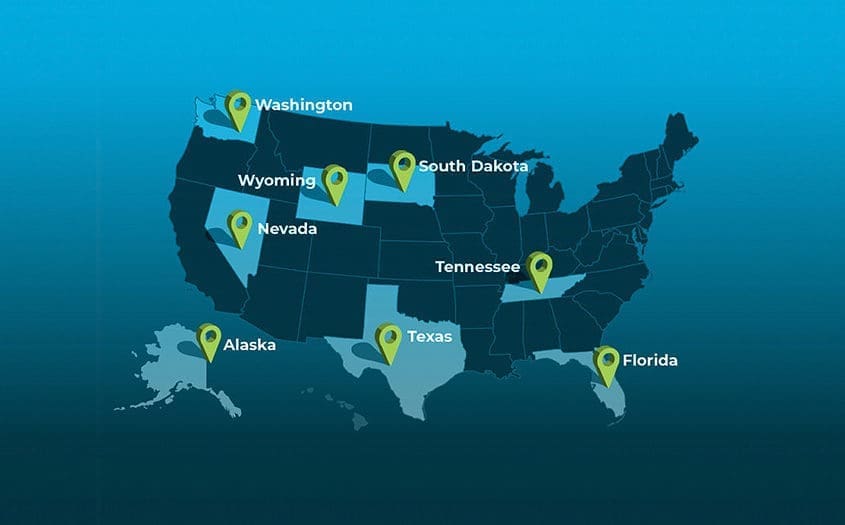Xendoo Affiliate Program Terms & Conditions
Effective Date: 5/13/25
These Affiliate Program Terms and Conditions (“Agreement”) govern participation in the Xendoo Affiliate Program (“Program”). By enrolling in the Program, you (“Affiliate,” “you,” or “your”) agree to be bound by this Agreement.
1. Program Overview
Xendoo offers a commission-based affiliate program that allows participants to earn a referral bonus for each new customer who successfully onboards for Xendoo’s services using a unique tracking link.
2. Eligibility
To participate, you must:
- Be a USA resident
- Have an active website, blog, or social media presence (or other approved platform)
- Comply with all applicable laws and regulations
Xendoo reserves the right to approve or reject any application at its sole discretion.
3. Referral Process
- Upon approval, you will receive a unique affiliate tracking link.
- When a user clicks your link, a 30-day tracking cookie is applied.
- If the user signs up for Xendoo within that 30-day window, and becomes a qualified customer, the referral is attributed to you.
- A customer is considered qualified once they have signed up, been onboarded successfully, and remained customer for at least 30 days.
4. Commission and Payout
- You will earn $250 for each valid referral that results in a qualified Xendoo customer.
- Commissions are reviewed after the 30-day qualification period.
- Payouts are made quarterly, via PayPal or check.
5. Restrictions
You may not:
- Use paid advertising that includes Xendoo-branded terms (e.g., “Xendoo bookkeeping”)
- Misrepresent Xendoo, its services, or your relationship with the brand
- Offer unauthorized discounts, rebates, or financial incentives
- Spam or use deceptive practices to drive clicks or signups
- Promote Xendoo using coupon or deal websites, including submitting unauthorized discount codes or claiming to offer exclusive offers
Violations may result in immediate removal from the Program and forfeiture of unpaid commissions.
6. Termination
You or Xendoo may terminate this Agreement at any time, with or without cause. Upon termination, all use of Xendoo branding, links, and promotional materials must stop. Pending commissions will be reviewed for payout eligibility at the end of the current quarter.
7. Cookie Duration
Each referral is tracked via a 30-day cookie. If a user returns and completes their signup within 30 days of clicking your link, the referral is still credited to you.
8. Limitation of Liability
Xendoo shall not be held liable for indirect, incidental, or consequential damages. Participation in the Program does not guarantee earnings.
9. Modifications
Xendoo reserves the right to update or modify these terms at any time. You will be notified of changes via email or the affiliate dashboard. Continued participation constitutes acceptance of the revised terms.
10. Identifying Yourself as an Affiliate
You may not issue press releases or make public statements that reference your participation in the Xendoo Affiliate Program without prior written consent. You must not misrepresent or embellish your relationship with Xendoo in any way, including suggesting that you are employed by, endorsed by, or acting on behalf of Xendoo. You may not imply that Xendoo sponsors or contributes to any organization, cause, or individual.
However, where required by law or platform guidelines, you must clearly disclose your participation in the Program. For example, on websites or social media channels, you may include a statement such as:
“[Your Name] is a participant in the Xendoo Affiliate Program, an affiliate advertising program designed to provide a means for referring customers to Xendoo’s accounting, bookkeeping, and tax services.”
11. Independent Contractor Status
Affiliates are independent contractors. Nothing in this Agreement creates a partnership, employment relationship, or agency arrangement.
12. Governing Law
This Agreement is governed by the laws of the State of Florida, without regard to its conflict of law principles.


